She Slays: Josephine Santiago-Bond on empowering women to succeed in a career path dominated by men
Engineering remains a vastly male-dominated field, and yet one Filipina didn't let her gender get into her way into becoming successful at the National Aeronautics and Space Administration (NASA).
With no prior engineering experience, not to mention a liking in math, Josephine Santiago-Bond got her start at NASA's John F. Kennedy Space Center (KSC) as an intern.
Now, Josephine—fondly known by her peers, colleagues, and loved ones as Jo—is the division chief of KSC's Safety and Mission Assurance department’s institutional division, "supplying engineering support to research and technology development projects."
Growing up with ‘not much drama’
Having grown up with parents with Ph.D. degrees and two older sisters who pursued careers as a veterinarian and physician, Jo says she never felt pressured by her family to push for similar fields.
“There was always this pressure from my parents to do better and do good, but I wouldn’t say that it was unreasonable,” Jo shares, looking back.
“There was more of an expectation that I would eventually be financially independent when I become an adult. [I’m] always [reminded] to make good decisions, but I wasn’t pressured to get straight As in school,” she added.
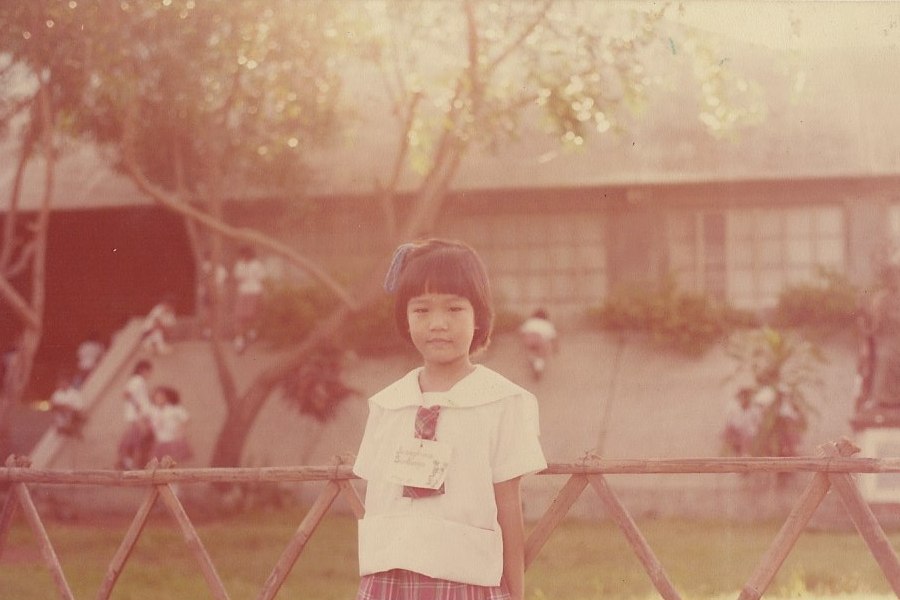
After high school, Jo was conflicted on which course to take in college and "was not ready to make that decision at all."
"I knew what courses I didn’t want, but not exactly what I wanted," the Philippine Science High School alumna said.
Soon after, Jo applied for “engineering programs from three (unnamed) universities.” She even considered following her family’s footsteps to “go into medicine.”
But fate worked its magic. Jo was accepted into the University of the Philippines Electronics and Communications Engineering department. The curriculum was “foreign” to her family who has “no engineering background,” but it’s a “good strategy to not be compared to either of my sisters or parents.”
She eventually graduated from UP Diliman in 2001.
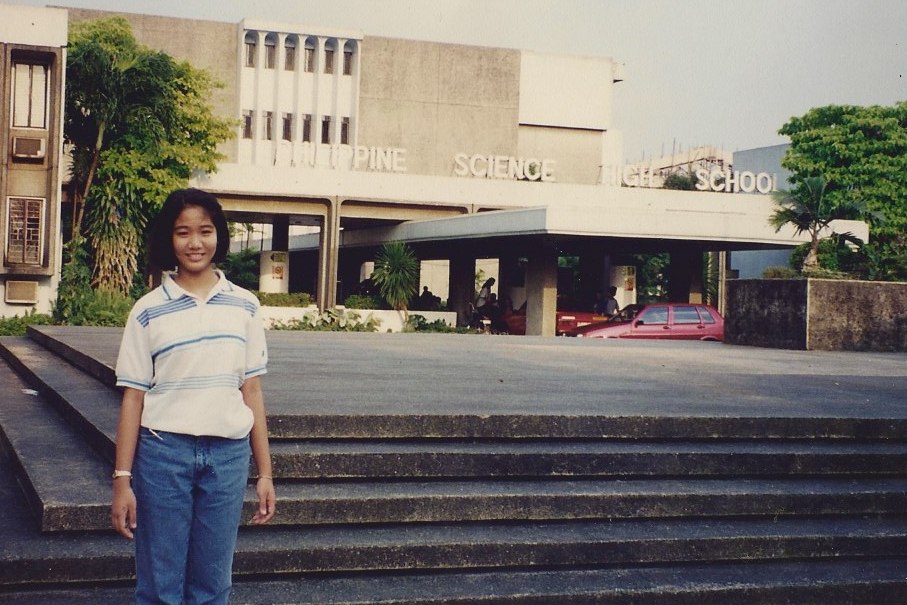
Reaching the stars
Jo packed her bags and moved to the US after graduation to pursue a master’s degree in Electrical Engineering at the South Dakota State University. Working at NASA and the John F. Kennedy KSC has never crossed her mind, but her graduate adviser urged her to apply as an intern in 2003.
“I’m still in disbelief up to this day. When NASA hired me as an intern, I remember the moment when I was standing in the kitchen of our home in South Dakota. My sister was next to me and I was just in shock,” Jo tells PhilSTAR L!fe.
In the workforce, many women leave when they start having families which has something to do with social expectations.
Jo was accepted as an intern, which according to her, was an “odd time” since it was “right after the Space Shuttle Columbia accident” in February 2003 where seven crew members died due to the disintegration of the space shuttle as it re-entered the earth’s atmosphere.
“It was a horrible accident. We lost astronauts, so I was even wondering if NASA would hire anyone,” recalls Jo.
Even so, Jo dedicated her efforts to NASA, juggling her academics and internship. “I gave it my very best. I didn’t know how long it was gonna last, but I was not going to waste that opportunity. Even if there’s no assurance that I’ll be hired as a full-time employee.”
After years of hard work, Jo’s efforts were worth it. She was accepted as a full-time employee after earning her master’s degree in 2005.
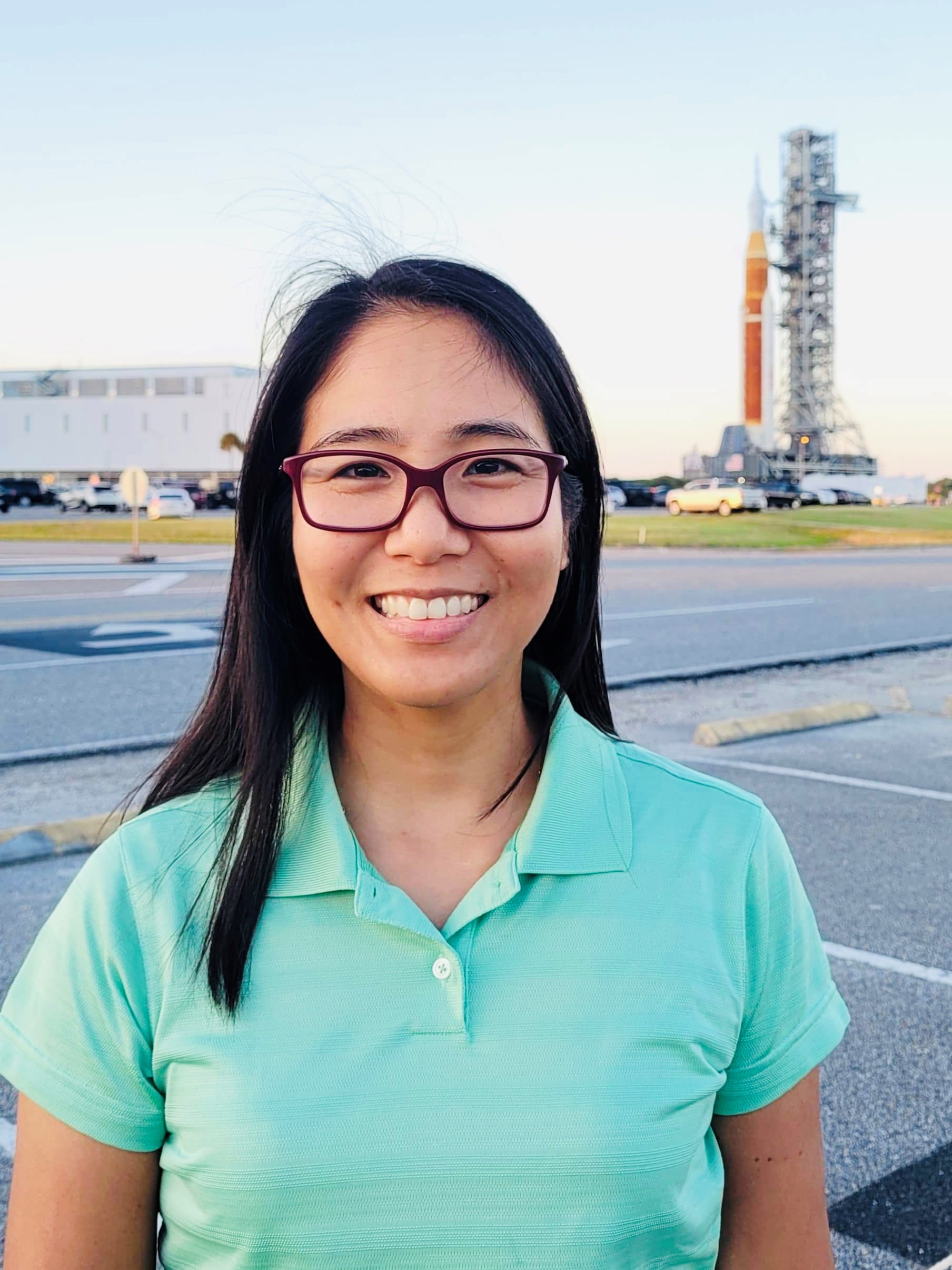
“They were going to convert me into a full-time employee as soon as I graduated, so I said yes. [There was] no hesitation, second thoughts on what my salary was going to be, and [I didn’t] even consult my family at that time. I just said yes,” Jo says, smiling at the memory.
Since then, Jo has been working at NASA’s John F. Kennedy KSC for 18 years. She chuckled as she reveals that it was also the place where she met her husband.
We don’t have to do that in this generation. We shouldn’t feel like we have to change ourselves to get fair treatment and respect. We can be as feminine as we want. We can wear the clothes that we want. We can use girly nicknames as much as we want. We shouldn’t try to be someone else or conceal our identity to be respected.
As the division chief of the Safety and Mission Assurance department’s institutional division, Jo is responsible for leading 50 employees that are “spread out in three branches.”
“The scope is pretty varied. As a supervisor, there’s a thing called administrative functions where I lead people. These days, I devote a lot of time and understanding of risks to commercial partnerships. One of the primary tasks of my group is to make sure that the KSC’s staff and properties are safe. [In other words], it’s about taking tolerable risks,” Jo adds.
Succeeding as a Filipina in a male-dominated industry
Jo is no stranger to challenges in a male-dominated industry. The space industry, she says, has always been risky—especially for women. But as a female leader, she makes it a point to “be sensitive, pay attention to others, and meet people halfway.”
“Now that I’m in a leadership position, I make sure to find a way to help other women and empower them. In the process, I’ve also adapted my work ethic to fit with different people,” she adds.
As a Filipina living in the US, Jo admits that she struggles with the Filipino trait of being “mahiyain,” especially during her early days in NASA.
“I sometimes struggle in being proactive and speaking up about my preferences. In Filipino culture, [a lot of us] probably struggle in being assertive anyway. Through the years, I realized that I have to be more assertive at work without crossing the line of being aggressive. It’s not in my nature, but it’s something I’ve learned along the way,” Jo says.
It’s very important for women to lift each other up. It’s important for women to break new ground and pave the way.
While females are slowly dominating the career ladder, Jo believes that companies and organizations are “still a work in progress” especially when it comes to social expectations towards women.
“In the workforce, many women leave when they start having families which have something to do with social expectations. It’s supposed to be the woman’s choice to become the caregivers of their kids and give up their careers. On the other hand, there are women like me who want to continue working. I love my child, but I would like to keep working too,” Jo says.
Jo admits that she wants to devote herself to her child without having to quit her job. With this, she hopes that companies would be kinder to women—especially to mothers—by providing flexible working hours or adjusting to remote working conditions.
“Policymakers in the corporate ladder should include women as decision-makers. You know, if there’s diversity among them, it’s a plus,” she adds.
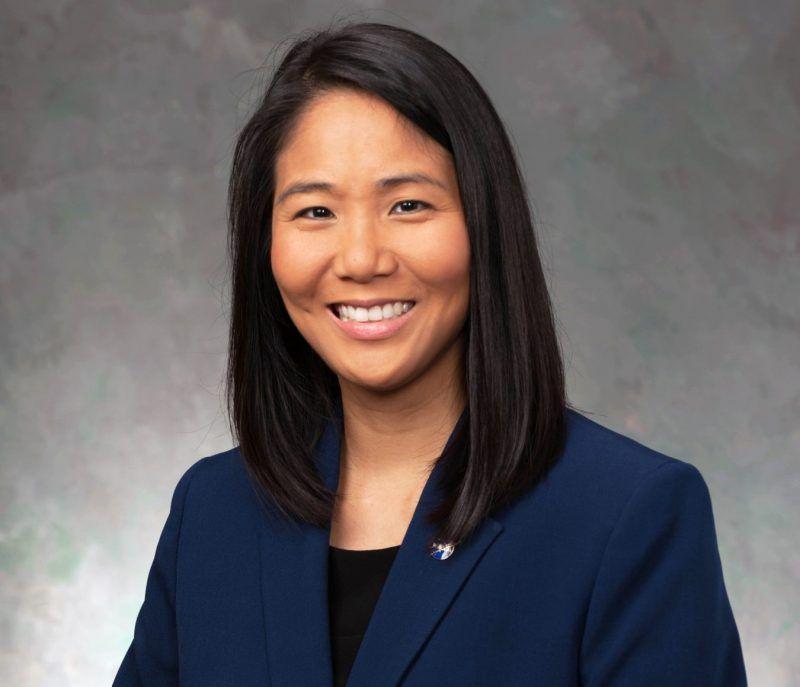
Paving the way for women
A lot of work has to be done among companies to be kinder to women in the workplace. For Jo, she believes that women shouldn’t change themselves in order to get “fair treatment and respect.”
“We don’t have to do that in this generation. We shouldn’t feel like we have to change ourselves to get fair treatment and respect. We can be as feminine as we want. We can wear the clothes that we want. We can use girly nicknames as much as we want. We shouldn’t try to be someone else or conceal our identity to be respected,” Jo says.
As a female leader, Jo says women must commit themselves to “bringing their whole self to the workplace” to stand out.
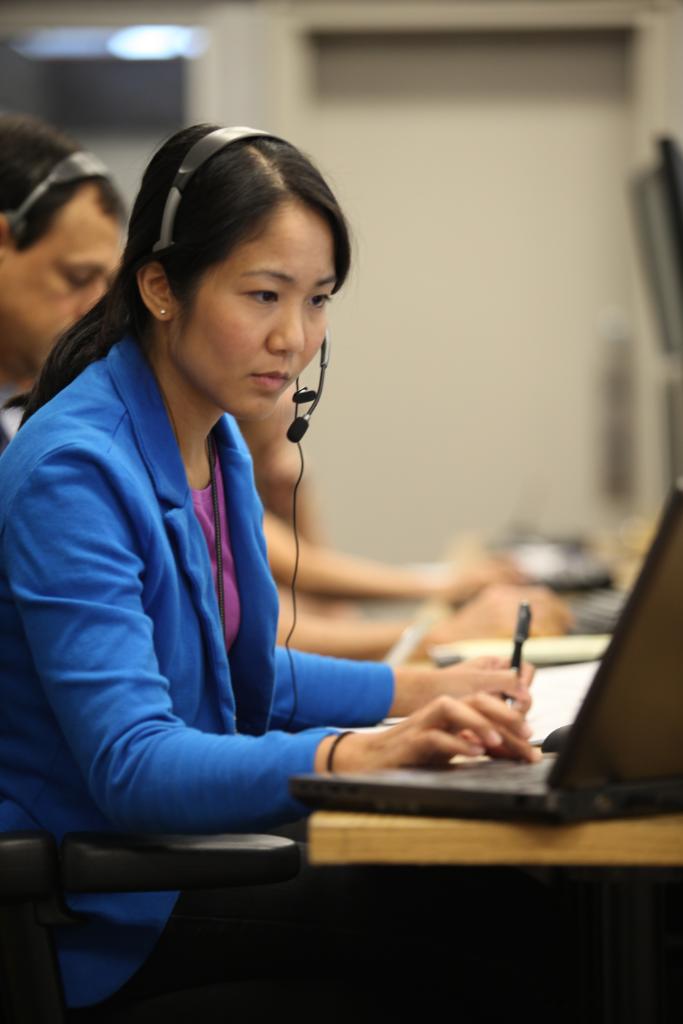
All this proves that Jo is eager for women to make a name for themselves in whatever paths they choose.
“It’s very important for women to lift each other up. It’s important for women to break new ground and pave the way.”


